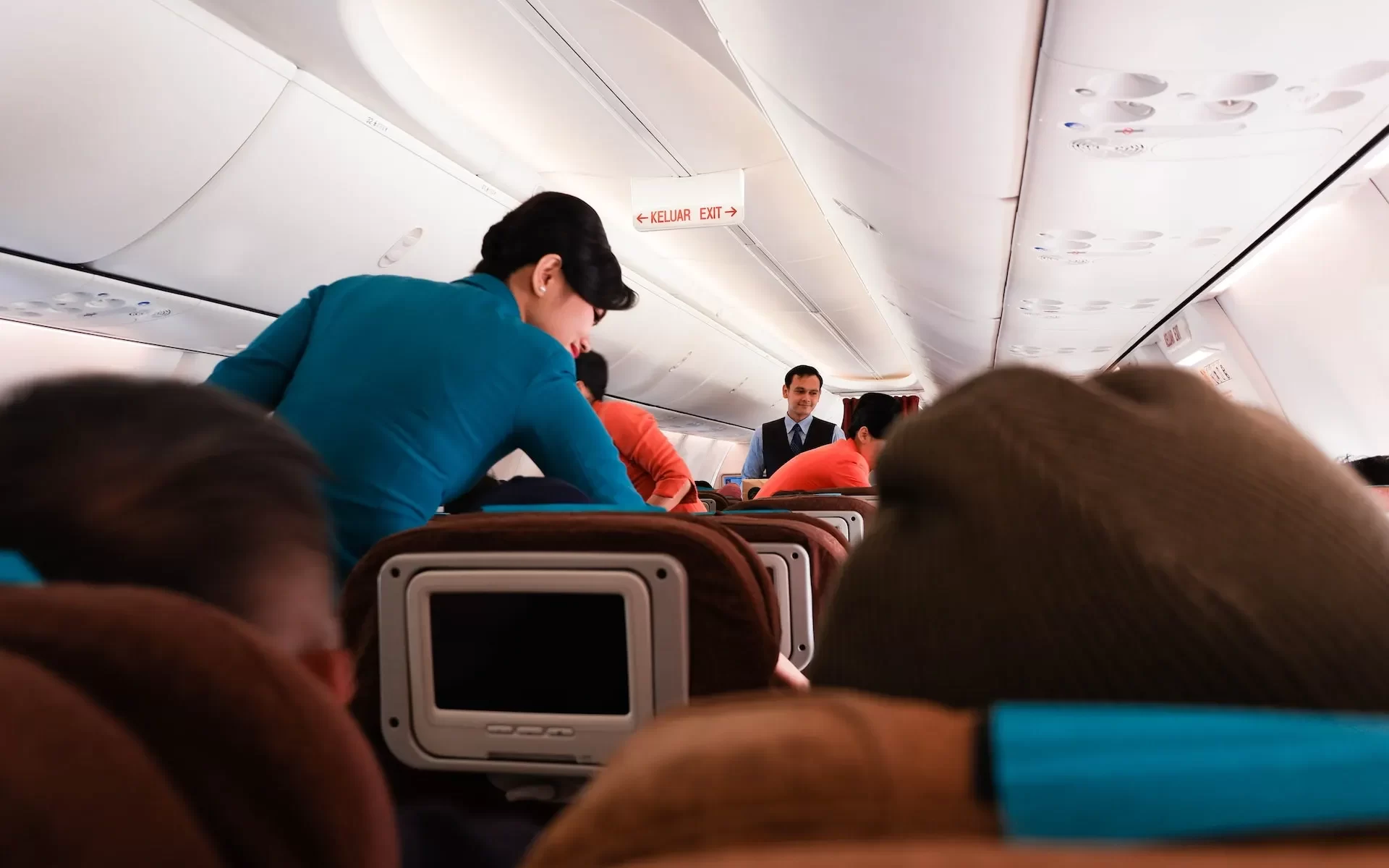Empathy in Customer Service:
One of the primary aspects of emotional intelligence is empathy, the ability to understand and share the feelings of others. Crew members with empathy can easily connect with passengers on a personal level, providing a more compassionate and personalized service. This skill comes in handy during challenging situations, such as flight delays or turbulence, where a calm and empathetic response from the cabin crew can significantly ease passenger anxiety.
Team Cohesion and Communication:
Effective teamwork is the backbone of smooth flight operations. Cabin crew members must seamlessly work together and collaborate with the cockpit crew. Emotional intelligence aids in building strong interpersonal relationships, encouraging effective communication, and resolving conflicts efficiently. Air Hostess Training Institutes now pay attention to the development of communication and teamwork skills, recognizing their impact on the overall passenger experience.
Stress Management and Adaptability:
The aviation industry can inherently be stressful, and cabin crew members can often face unexpected challenges on the journey. Emotional intelligence equips individuals with the ability to manage stress and remain composed in such challenging situations. The adaptability that comes with EI ensures that cabin crew members can handle complex situations, adjust to changing flight plans, and make quick decisions without sacrificing service quality or safety.
Passenger Safety and Conflict Resolution:
In emergencies, emotional intelligence is crucial for maintaining order and ensuring the safety of passengers on board. Cabin crew members with high EI can effectively manage and calm anxious passengers, follow emergency protocols with precision, and make critical decisions under pressure. Additionally, the conflict resolution skills developed through EI training contribute to maintaining a secure and controlled flight environment.
In conclusion, emotional intelligence training in Air Hostess Training Courses is a positive step toward creating a more proficient and customer-oriented cabin crew. The ability to navigate and understand emotions not only enhances the interpersonal skills of air hostesses but also contributes to the overall safety and success of flight operations. As the aviation industry evolves, the role of emotional intelligence in cabin crew training will continue to be a key aspects in shaping a new generation of skilled and emotionally resilient professionals, ready to soar to new heights.
